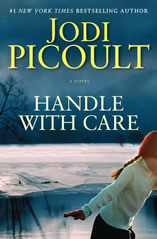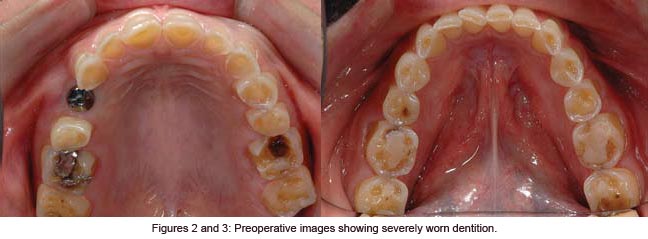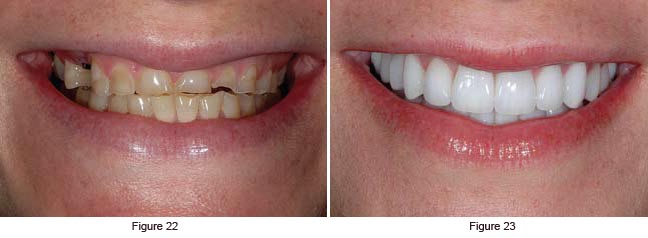
jodipicoult
Currently, I'm reading Jodi Picoult's new novel, Handle with Care. Coincidentally, I was able to actually place the book on "hold" while it was "in processing" at my local library. Thus, I'm the first to get my hands on it before so many other place holds on them. I'm almost halfway through the book, and as is Picoult's style, it is a very engaging read.
From Jodi Picoult's website, a brief synopsis of the book:
When Charlotte and Sean O’Keefe’s daughter, Willow, is born with severe Osteogenesis Imperfecta, they are devastated – she will suffer hundreds of broken bones as she grows, a lifetime of pain. As the family struggles to make ends meet to cover Willow’s medical expenses, Charlotte thinks she has found an answer. If she files a wrongful birth lawsuit against her ob/gyn for not telling her in advance that her child would be born severely disabled, the monetary payouts might ensure a lifetime of care for Willow. But it means that Charlotte has to get up in a court of law and say in public that she would have terminated the pregnancy if she’d known about the disability in advance – words that her husband can’t abide, that Willow will hear, and that Charlotte cannot reconcile. And the ob/gyn she’s suing isn’t just her physician – it’s her best friend.
Besides the story of their child with OI, another story is weaved with their other, adolescent daughter who struggles with not only her sister's illness but also issues of perfectionism, feeling of want by her mother, and simple attention as well. This time, this character turns to bulimia as well as cutting. I thought this was an interesting (though of course realistic too) decision to use the eating disorder as this character's way of coping. In other books, Picoult has used other destructive means like cutting, drugs, etc. But to my knowledge, this was the first she actually used an eating disorder. (I could be wrong on this since I have not read all of her books)
I was able to ask this question to her today in a live Q&A from the Washington Post Book World discussion. Kind of exciting! After her answer, it made more sense to me why she chose this means per se. I think a lot had to do with the fact that eating disorders are so secretive and because her mother was wrapped up taking care of the other daughter with OI, her other daughter's emotions, struggles, lack of coping well, flew under the radar.
I also asked if in the future she was going to use an eating disorder individual as a main plot line. I was holding out hope that maybe she would consider this as I'd be very interested to see how she developed the character. Sadly, she thought she probably would not any time soon. Oh well. However, if you're interested in autism, her next book's main character revolved around this diagnosis as well as being accused of murder.
Anyway, I'll give an opinion of the book once I'm finished if anyone is interested. If you haven't read her novels, I highly recommend them. She does a great job with in-depth characters, weaving different plot lines, discussing many issues revolved around families, and she always has a moral question in her books, often with a twist at the end. Some people find her books a bit predictable, and in a way they are once you know her style. Still, however, they make you think twice about how you would handle a certain situation. And any book that leaves me thinking more is a great read in my opinion.
















